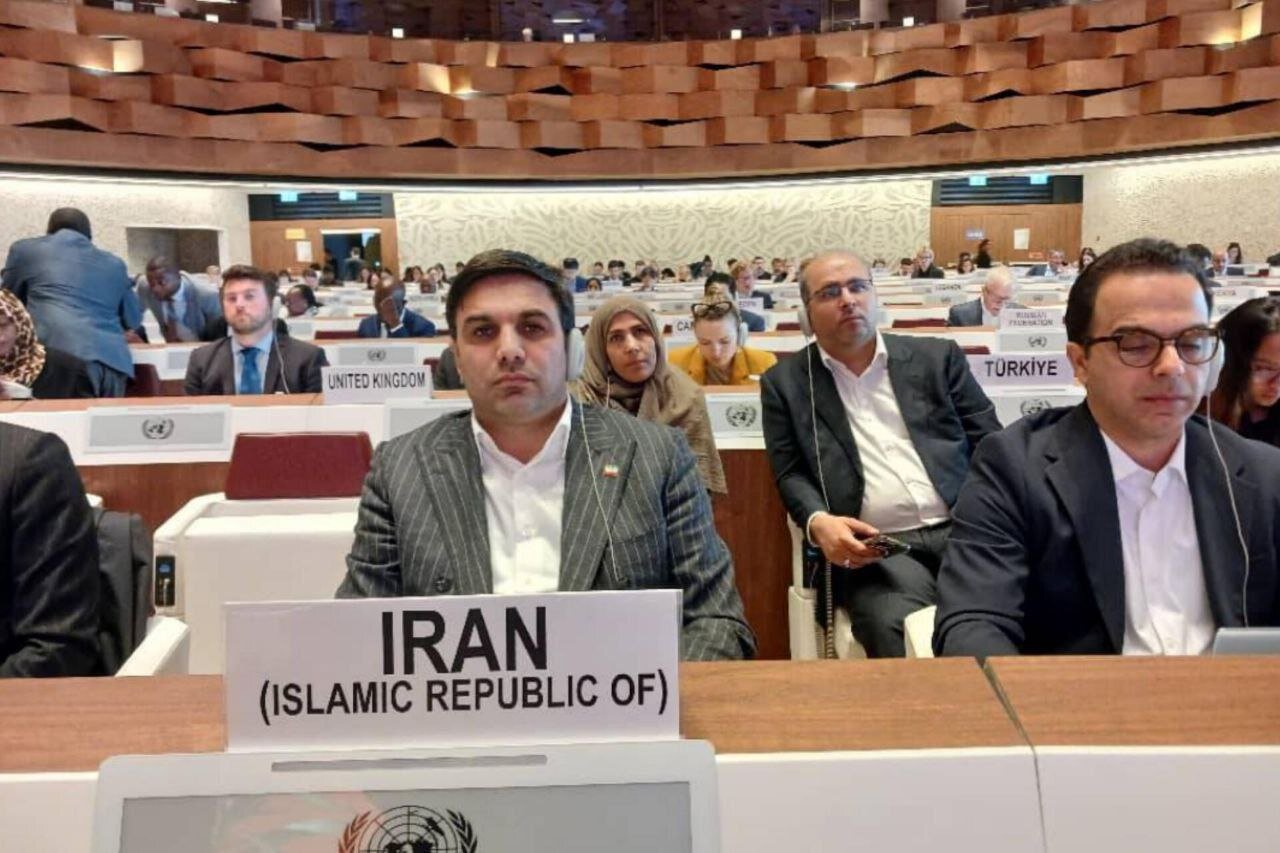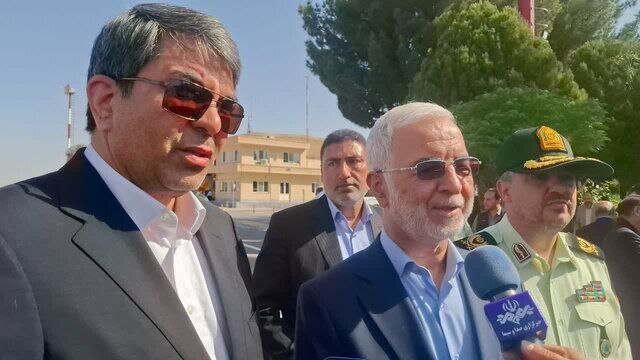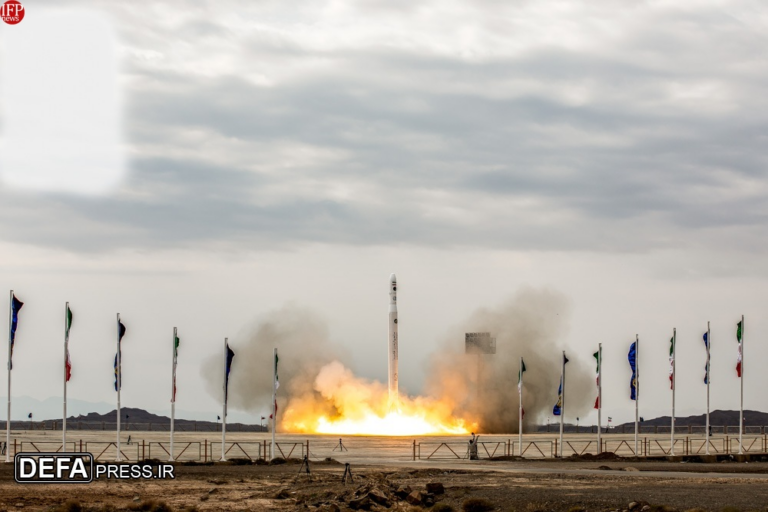Bridging the Digital Divide: Tackling Coercive Measures in Today’s Information Society
In a significant address at the 28th session of the United Nations Commission on Science and Technology for Development (CSTD), held from April 7 to 11 in Geneva, Switzerland, the head of the Information Technology Organization of Iran, Mohammad-Mohsen Sadr, identified unilateral coercive measures and the digital divide as the primary challenges facing the global information society. This session provided a crucial platform to discuss the pressing issues surrounding information and communication technologies (ICTs), as reported by dolat.ir.
Sadr emphasized the event’s goal to foster a collective vision and commitment to creating an information society where all nations can reap the benefits of information technology. He articulated Iran’s substantial progress in this area, stating, “Iran, as a part of the global information society, has taken great strides in this direction. In line with economic and social advancement programs, Iran has achieved significant progress in expanding the fiber optic network, developing mobile broadband in rural and urban areas, and promoting electronic services in the fields of health, trade, education, agriculture, and science.”
However, Sadr lamented that international mechanisms for financial and technological assistance have been ineffectively implemented, exacerbating the technological gap between nations. He pointed out that, according to the Tunis Agenda, all governments should play an equal role in Internet governance, a goal that remains unfulfilled.
Sadr highlighted several key issues:
- Unilateral sanctions: These measures have restricted access to essential hardware and software for developing countries, hindering their ability to capitalize on available opportunities.
- Competitive environment: Sanctions have undermined the necessary competitive and enabling atmosphere required for progress.
- Global digital compact: He called for the establishment of practical mechanisms to reinforce international digital cooperation and eliminate such unilateral measures.
- Responsibility of cross-border companies: Sadr urged companies involved in digital and artificial intelligence sectors to uphold cultural diversity and respect national sovereignty.
Sadr expressed optimism that through collaboration among nations and international institutions, the challenges facing the information society could be identified and addressed effectively.
About the 28th CSTD Session
The Commission on Science and Technology for Development (CSTD) serves as a subsidiary body of the Economic and Social Council (ECOSOC) and is the UN’s focal point for science, technology, and innovation (STI) for development. During the 28th session, key themes included:
- Diversifying economies: Addressing the challenges presented by accelerated digitalization.
- Technology foresight: Assessing technology for sustainable development.
The CSTD acts as a forum for strategic planning, sharing best practices, and drawing attention to emerging technologies that can impact economic, environmental, and societal sectors. It facilitates collaborations among member states, NGOs, and various stakeholders in the field of science and technology.
Cuba’s Interest in Iranian Expertise
In a notable development during the CSTD session, Ernesto Rodríguez Hernández, the Cuban first deputy minister of communications, expressed Cuba’s eagerness to leverage Iran’s expertise in establishing a smart government and enhancing cybersecurity. This meeting underscored the ongoing positive interactions between Iran and Cuba.
Hernández stated, “Cuban officials are determined to develop relations with Iran, and our companies are preparing proposals for further cooperation with Iran.” He also highlighted the successful participation of Iranian companies in last year’s technology exhibition in Cuba, which fostered beneficial interactions in cybersecurity.
Sadr responded positively, emphasizing the importance of deepening cooperation between the two nations. He mentioned that Iran is keen to enhance joint activities in e-government and smart governance, including the provision of training courses for Cuban officials. Sadr proposed the establishment of a joint committee to oversee collaborative efforts between Iran and Cuba.
The Cuban official extended an invitation to Iranian companies to participate in Cuba’s upcoming 2026 exhibition and expressed the country’s readiness to engage in international events hosted in Iran.
Enhancing ICT Cooperation Between Iran and Cuba
On November 24, 2024, Iran and Cuba reinforced their commitment to enhancing cooperation in ICT by signing a memorandum of understanding (MOU) focused on postal services. This agreement was part of a broader initiative led by Iranian Information and Communications Technology Minister Sattar Hashemi, who visited South America and the Caribbean to strengthen ICT partnerships.
During discussions in Havana, Hashemi and Cuban Deputy Prime Minister Eduardo Martinez Diaz explored various avenues for collaboration in ICT, particularly in:
- Artificial Intelligence (AI): Expanding joint activities in AI technologies.
- Telecommunications: Enhancing connectivity and service delivery.
- Postal services: Improving postal exchanges between Tehran and Havana.
Martinez acknowledged Iran’s significant advancements in science and technology and expressed a desire to broaden their collaborative efforts. Hashemi affirmed Iran’s readiness to share technological expertise and implement joint initiatives, emphasizing the potential for cooperative growth.
The signed MOU aims to facilitate and improve postal exchanges in compliance with Universal Postal Union (UPU) regulations, marking a significant step forward in the cooperation between Iran and Cuba in the ICT sector.






